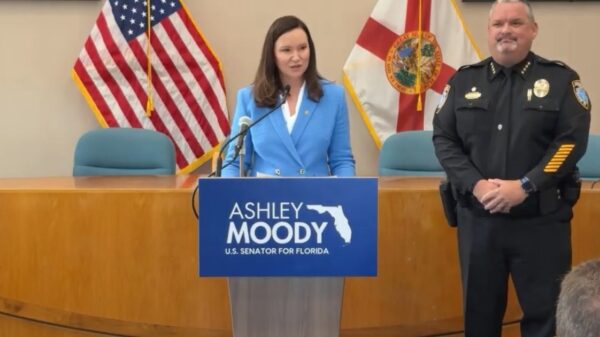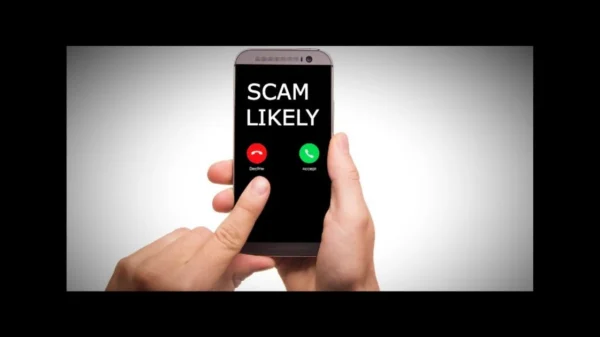This week, state Attorney General Ashley Moody issued a Consumer Alert warning Floridians of the rise in robotexts.
Robotexts have existed for a while, but with Americans on track to receive 86 billion automated text messages nationwide this year, robotexts are now more prevalent than robocalls. Americans are projected to receive 71 billion robotexts in 2021. Based off recent trends, Floridians alone are expected to get nearly 5 billion robotexts this year, making Florida one of the most spam-texted states in the nation.
“These automated text messages are now more prevalent, and potentially more dangerous, than robocalls since malicious links can be clicked on directly in a text. These links often contain malware that can be instantly downloaded to a phone. Any interaction with this type of text will show the scammer that the phone number is active, making the targeted user vulnerable to further messages. Consumers should be wary of opening or clicking links in unrecognized texts,” Moody said.
The Federal Trade Commission runs the National Do Not Call Registry—a list that a citizen can sign up for to help eliminate telemarketing texts and calls to a phone. Signing up for the registry allows a citizen to report unwanted calls to the FTC after being on the list for 31 days. Violators, or those who call someone on the National Do Not Call List, can be fined per call. Register by visiting DoNotCall.gov or calling 1 (888) 382-1222.
To avoid falling victim to illegal robotexts, Moody recommends following these tips:
Avoid answering texts from unrecognized numbers. Interacting with these messages shows the scammer that the targeted user is active and will lead to more frequent scam messages;
Do not click on links in text messages from unknown numbers as they often contain malware or
lead to malicious websites;
Consider downloading text and call blocking apps to further prevent these scam texts from reaching a phone; and
Know suspicious text messages from a five to six-digit short code telephone number may be a scam, unless the sender has registered the number in the U.S. Short Code Directory and the content of the message matches the registrant.
Moody recently led an effort to stop illegal robocallers from misusing legitimate phone numbers. Fifty other attorneys general signed on with Moody to support the Federal Communications Commission’s efforts to prevent scammers from circumventing previously implemented anti-robocall technology by initiating stricter reviewing and monitoring of phone companies.
In October, Moody compiled a statement of progress in the fight against illegal robocalls.





















